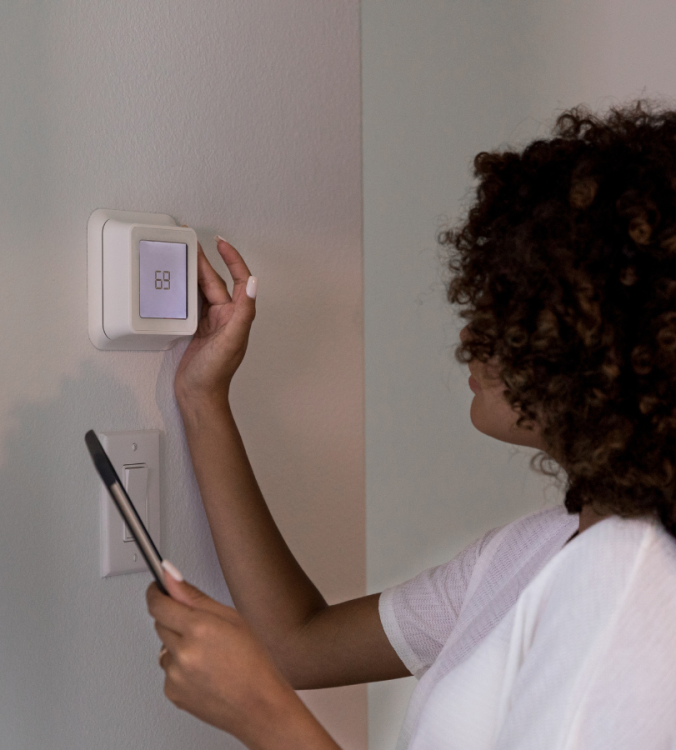Did you know heating and cooling consume about 52% of the average U.S. household’s energy? But here’s the good news: much of it is often lost through oversetting thermostats or inefficient practices. We’re here to help you separate fact from fiction and share practical tips to boost your home’s energy efficiency.
Here are 5 common myths about energy in your home or business:
- Blocked vents won’t affect your utility bill: Keeping vents clear isn’t just about airflow; it promotes energy efficiency. When vents are blocked, your system uses more energy to push warm or cool air into the room, driving up your utility bills.
- Lighting upgrades are too expensive and don’t make a big difference: Even simply turning off lights when leaving a room can lead to noticeable savings. Low-cost upgrades like occupancy sensors in restrooms, storage areas, and break rooms help eliminate wasted energy.
- Heating and cooling changes don’t really save energy: HVAC accounts for 40% of energy use. Adjusting your thermostat for the season, sealing windows and doors, and using blinds strategically can make a big impact.
- Kitchen equipment needs to stay on all day to be efficient: Turning off cooking equipment during idle time can lead to meaningful savings. Low-cost upgrades such as routine maintenance and electric igniters on gas stoves improve efficiency and safety.
- Office electronics don’t need energy-saving strategies because they’re too small to matter: Office equipment can make up 10–25% of your total energy use. Simple changes like enabling sleep mode on computers and decommissioning unused servers can reduce waste.
Saving energy doesn’t require drastic changes! Here are some tips you can start implementing today:
- Turn off lights in unoccupied spaces
- Adjust your thermostat to 68°F
- Keep refrigerator settings between 35-38°F and freezer between 8-14°F
- Enable sleep mode on computers, laptops, and other electronics
- Repair air leaks around windows and doors using weatherstripping and caulk
- In the winter, open your curtains and blinds during the day to let in the sunshine
By implementing these habits, you may not only reduce your utility bills but also contribute to a more sustainable future for your community.
In addition to energy-saving tips, Delmarva Power offers a wide range of Bill Payment Options and Financial Assistance to help customers manage their energy use and lower their monthly bills. This includes an Assistance Finder, Budget Billing, Payment Arrangements, and Extended Payment Date Plans.
To learn more about ways you can save energy and money, visit: DelmarvaPower.com/SaveEnergy.

